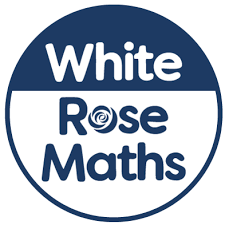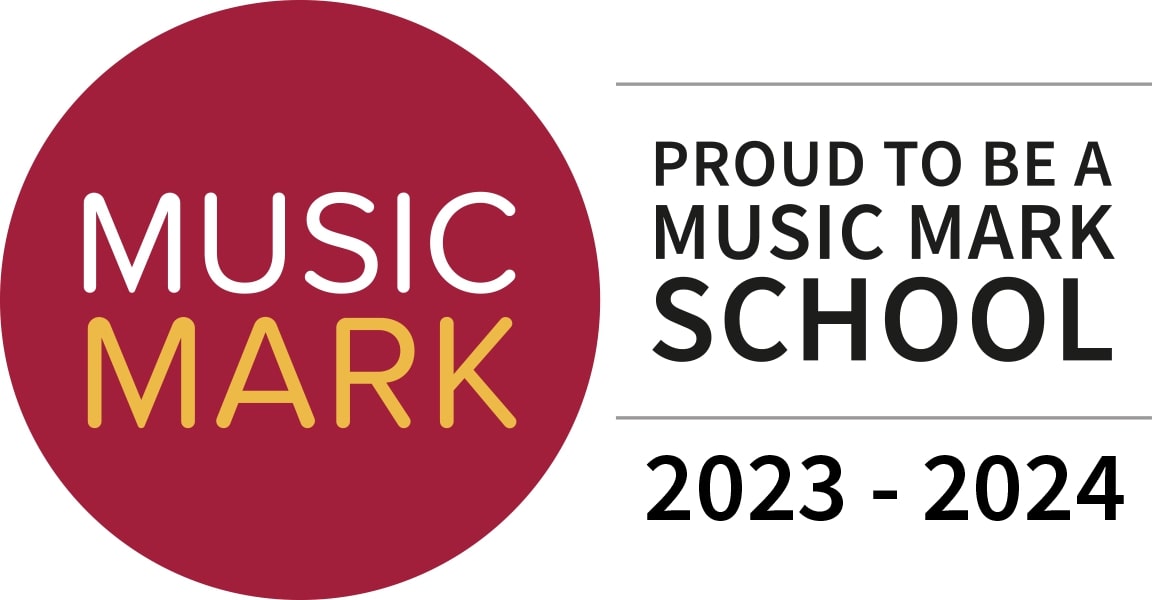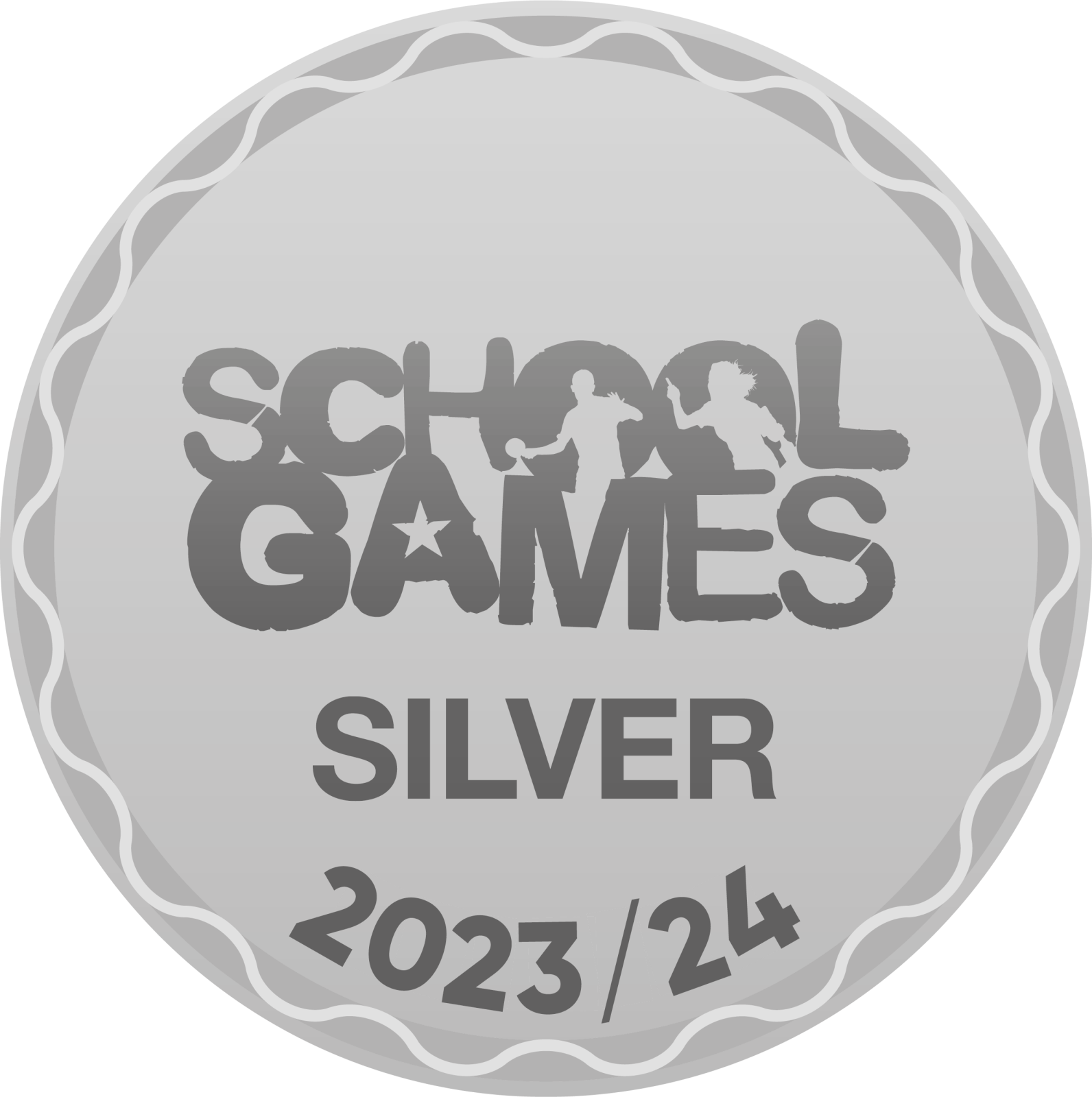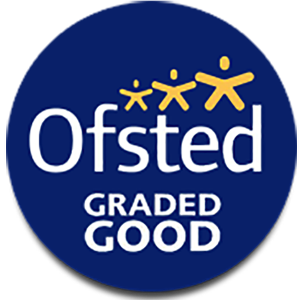Mathematics
Our Intent:
At Brambles Primary Academy, we aim to create confident, well-rounded mathematicians and foster a love of learning and intellectual curiosity. Our key intentions are that children will be: fluent in the fundamentals of Mathematics; have strong conceptual understanding; know and use a range of procedures efficiently and confidently reason and problem solve.
Our Approach:
The National Curriculum aims to ensure that our Mathematicians;
- Become fluent in the fundamentals of mathematics, including through varied and frequent practice with increasingly complex problems over time, so that children have conceptual understanding and are able to recall and apply their knowledge rapidly and accurately
- Reason mathematically by following a line of enquiry, conjecturing relationships and generalisations, and developing an argument, justification or proof using mathematical language
- Can solve problems by applying their mathematics to a variety of routine and non-routine problems with increasing sophistication, including breaking down problems into a series of simpler steps and persevering in seeking solutions.
At Brambles we want our Mathematicians to be able to see mathematics as an interconnected subject and be able to make connections across mathematical ideas to develop fluency, mathematical reasoning and competence in solving increasingly sophisticated problems. We want our Mathematicians to apply their mathematical knowledge to science and other subjects. The expectation in the National Curriculum is that the majority of children will move through the programmes of study at broadly the same pace. However, decisions about when to progress should always be based on the security of children’s’ understanding and their readiness to progress to the next stage. Children who grasp concepts rapidly should be challenged through being offered rich and sophisticated problems before any acceleration through new content. Those who are not sufficiently fluent with earlier material should consolidate their understanding, including, through additional practice, before moving on.
Our Impact:
At Brambles teachers from year 1 to year 6 are using detailed schemes of learning published by the White Rose hub to plan effective maths lessons incorporating fluency, reasoning and problem solving. The White Rose schemes support ‘Teaching for Mastery’.
The impact of teaching can be seen in our children’s Maths books; on displays around school; on Class Dojo pages and by speaking to our pupils. As a school, we measure impact through learning walks, book looks, teacher/pupil voice and formative and summative assessments.
See the curriculum overview below:
How you can help at home
Try to make maths as much fun as possible – games, puzzles and jigsaws are a great way to start. It’s also important to show how we use maths skills in our everyday lives and to involve your child in this.
Identifying problems and solving them can also help your child develop maths skills. If you see him or her puzzling over something, talk about the problem and try to work out the solution together.
Don’t shy away from maths if you didn’t like it at school. Try to find new ways to enjoy the subject with your child.
Tips for helping your child to enjoy maths:
- Point out the different shapes to be found around your home.
- Take your child shopping and talk about the quantities of anything you buy.
- Let your child handle money and work out how much things cost.
- Look together for numbers on street signs and car registration plates.
Useful links
seful activity books – https://national-numeracy-shop.myshopify.com/collections/family-maths-toolkit
Maths Playground – http://www.mathplayground.com/
BBC bitesize – http://www.bbc.co.uk/education







